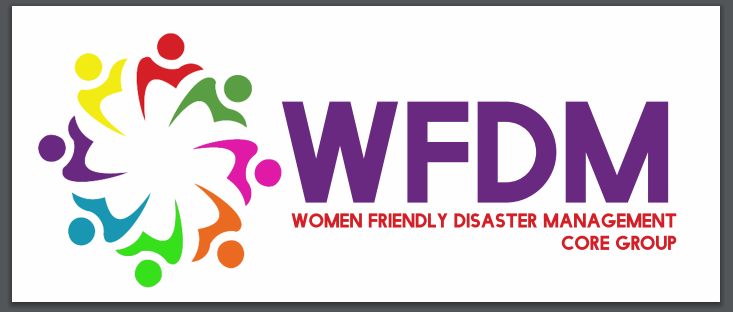KATHMANDU, NEPAL- To ensure that the COVID-19 response does not exacerbate or magnify existing inequalities and vulnerabilities, Women-Friendly Disaster Management (WFDM) Group, Inter-Generational Feminist Thought Leaders’ Group and Women Humanitarian and Disaster Risk Reduction Platform in coordination with UN Women have jointly formulated a charter of demands pertaining to COVID-19 response in Nepal, report New Spotlight and The Himalayan Times.
The charter of demands were shared by the network via email, with Deputy Prime Minister and Minister of Defence Ishwar Pokhrel, Ministry of Home Affairs, Ministry of Women, Children and Senior Citizen alongside all the chief ministers of the provinces via email, said a press release issued by WFDM on Monday.
Chandani Joshi, chair of WFDM, sent the charter of demands in order to uphold the principles of equality and non-discrimination during the COVID-19 pandemic response, of the most marginalised people — women, children, elderly, differently-abled persons, rural women, LGBTIQs, sex workers, those in the informal economy, refugees, migrants, indigenous nationalities and people without identity documents.
Included in the charter are immediate priorities, short-term priorities and long-term priorities.
They have demanded to ensure access to timely, accurate and regular risk communication information in multiple languages, recognize specific needs of women healthcare workers, increase access to COVID-19 testing, ensure access to water, sanitation and hygiene, shelter services and to ensure immediate and accessible transportation facilities for daily wage workers stranded in different locations in the country under immediate priorities.
Under short term priorities, their demands include addressing the increasing care burden on women, response to gender-based violence against women/girls, people with disability and LGBTIQ+, expand social protection measures to reduce the impact on women and excluded groups facing a loss of livelihoods, ensure job security and paid leave for of immune compromised, pregnant and lactating women health workers, ensure food security of most vulnerable households, including female headed households, ensure availability and access to health services including sexual and reproductive health (SRH), to extend additional support to women migrant workers, increased participation and representation of women’s organizations in coordination mechanisms and participation of women in highly level commission formulated on COVID-19.
Under the long term priorities, the group demands to promote women’s economic security and rights as part of early recovery efforts , support women’s networks and community-based organizations Work , ensure women’s leadership and representation in response and recovery decision making and significantly increase public provisioning for essential services and infrastructure.


